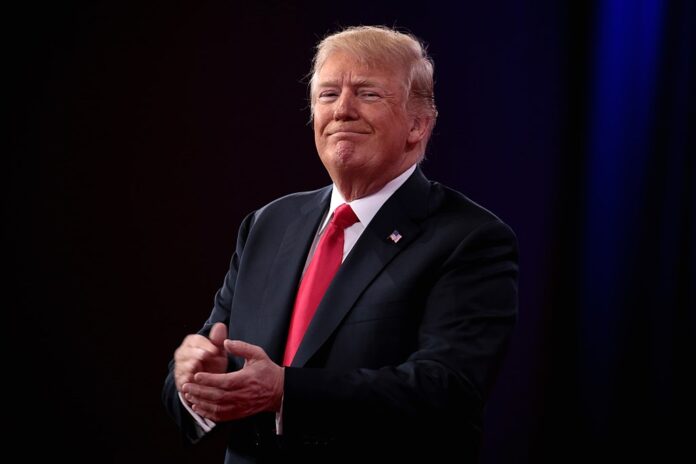The appointment of Billy Long to head the IRS marks a potential shift in the agency’s direction, as Trump looks to reshape its role amid political tensions over its budget and enforcement policies
In a move that could bring sweeping changes to the Internal Revenue Service (IRS), President-elect Donald Trump has nominated Billy Long, a former Republican congressman from Missouri, to take over as head of the agency. This announcement signals plans to oust current Commissioner Danny Werfel before his term expires in 2027. If Long takes the reins, it could lead to a significant transformation at the IRS, which has become a battleground for political ideologies in Washington.
Trump’s decision to replace Werfel comes at a time when the IRS is facing mounting pressure from both sides of the political spectrum. Democrats argue that the agency, after years of budget cuts, is underfunded and lacks the resources to effectively go after tax evaders and modernise its outdated technology. The agency’s capacity to combat financial fraud and provide services to taxpayers has been severely hindered by a lack of investment, and Democrats have long pushed for an infusion of funds to ensure the IRS can perform these vital tasks.
On the other hand, Republicans, including Long, have voiced strong opposition to the IRS’s growing power, with some even advocating for the agency’s dissolution. The tension surrounding the IRS has only intensified since the passing of the Inflation Reduction Act in 2022, which allocated $80 billion to the agency over the next decade. However, in 2023, Republican lawmakers successfully managed to claw back $20 billion of this funding. Many Republicans worry that increased enforcement by the IRS would unfairly target middle-class Americans, leading to greater scrutiny and audits of taxpayers.
Embed from Getty ImagesBilly Long’s nomination is seen as part of a broader strategy by Trump to recalibrate the government’s approach to tax enforcement. Long, a staunch critic of the IRS, has previously expressed support for efforts to reduce the agency’s influence, echoing a sentiment shared by many conservative lawmakers who see the agency as a symbol of overreach. His leadership could lead to a shift away from the aggressive enforcement tactics advocated by the current administration, with potential cuts to the IRS budget being a key priority under Trump’s proposed fiscal policies.
In line with this, Trump has enlisted high-profile figures, including Elon Musk and Vivek Ramaswamy, to lead a new commission focused on cutting federal spending. This commission is expected to examine the budgetary needs of various federal agencies, with the IRS likely to face additional scrutiny. Reductions in the IRS budget could further hinder the agency’s ability to enforce tax laws effectively and modernise its operations, impacting its ability to collect revenue and address tax cheats.
The debate over the future of the IRS is not just about funding—it’s also about the broader role the agency plays in American governance. As the IRS attempts to strike a balance between ensuring compliance and protecting taxpayers, political battles over its funding and scope of authority are likely to continue. Trump’s nomination of Billy Long is poised to mark the beginning of a new chapter for the IRS, one where its priorities and approach could undergo a dramatic shift in line with conservative values.
